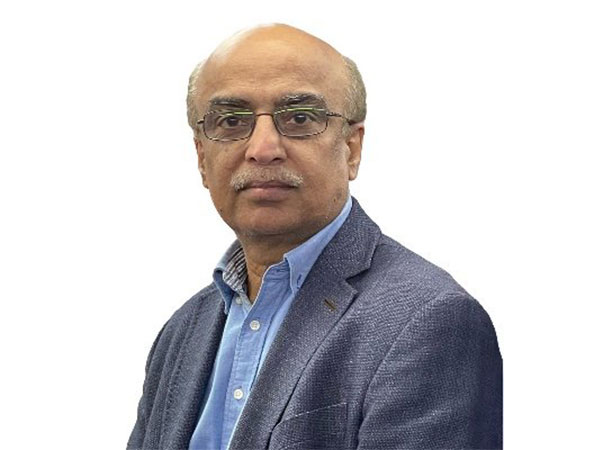Delhi HC directs Centre to stop supply of oxygen for industrial purposes
Apr 21, 2021

New Delhi [India], April 21 : Amid the rise in the complaints of shortage of medical oxygen across several hospitals in the national capital, the Delhi High Court on Wednesday asked the Centre to immediately stop the supply of oxygen for industrial purposes.
While hearing an urgent application regarding the oxygen shortage at Max Hospital here, the Court also directed the Centre to provide safe passage for the supply of oxygen from the place of production to place of delivery.
"Why government is not waking to reality? How is this that the government is so oblivious to the ground reality? We cannot have people dying. This is an emergency of such grave nature," the Court said.
The Delhi High Court also noted that several people died in a hospital in Maharashtra's Nashik hospital due to no oxygen supply.
Terming the present scenario as 'delicate' and 'sensitive', the Court also said that the industry can wait for several days for oxygen supply and directed the Centre to immediately takeover production of oxygen from steel plant and petroleum plant to supply for medical use.
The Petitioner, Max Hospital chain, submitted that it has been running from pillar to post and have made a number of requests both to the Centre and Delhi Government.
"The Hospital at (Max) Patparganj has currently only three hours of supply of oxygen and if the oxygen runs outs, the life of 400 patients out of which there are 262 COVID patients, will be under threat. A number of these patients are critical and on ventilator support and in the Intensive Care Unit (ICU)," the petitioner said.
"There is no visibility for the supply of oxygen to the Hospital either from the Centre and Delhi Government, no action has been forthcoming from the respondents," it said.
"The hospital network presently has over 1,400 COVID patients admitted in its various hospitals in the NCR. Most of these patients are being supported on medical oxygen. Presently, most of the hospitals in the network are working on dangerously low levels of oxygen supply, which can lead to a very serious adverse patient incident," it added.


















